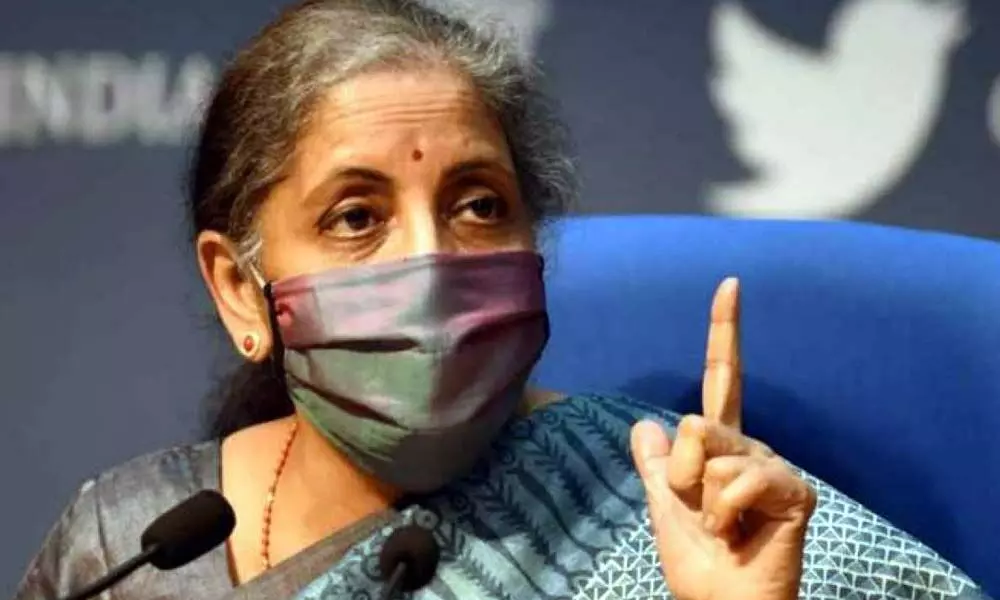High fuel prices burden on consumers: FM
Centre and States should jointly call for tax cut to bring down petrol, diesel prices, says Nirmala Sitharaman
image for illustrative purpose

New Delhi: Finance Minister Nirmala Sitharaman on Friday acknowledged that consumers have a case for petrol and diesel prices to be brought down but said a reduction in taxes to make that happen should be a joint call of the central and state governments.
As much as 60 per cent of the retail price of petrol, which has shot above Rs 100-mark in some places in Rajasthan, Madhya Pradesh and Maharashtra and is at an all-time high elsewhere in the country, is made up of central and state taxes. Taxes make up for about 56 per cent of the record high diesel rates. Sitharaman, who had increased central excise duty on petrol and diesel by a record margin last year to mop up gains arising from international oil prices plunging to a two-decade low, remained non-committal on taking the first step to cut central taxes to give relief to consumers. For consumers, "there is enough case to say that prices should be down, its a burden," she said while interacting with journalists at IWPC. While the burden on the consumers is "understood", the pricing is a vexatious issue, she said.
"That's where I use the word 'dharamsankat'," she said. "It is a question which I would like states and the Centre to talk about because it's not just the Centre which has duties on petroleum products, it also has the states charging." Stating that both states and the Centre draw revenue out of taxes levied on petrol and diesel, she said 41 per cent of the tax collections made by the Centre go to the states.
"So there is an issue which is layered and as a result that has to be a matter ideally for the Centre and the states to talk about," she added. On the issue of bringing petrol and diesel under the Goods and Services Tax (GST) regime, which will end the cascading impact of taxes and bring uniformity, the finance minister said the call has to be taken by the GST Council, the apex decision-making body of the indirect tax regime. Currently, the central government levies a fixed rate of excise duty while states levy different rates of VAT. Under the GST, the two would merge and bring uniformity, solving the problem of fuel rates being higher in states with higher VAT.

